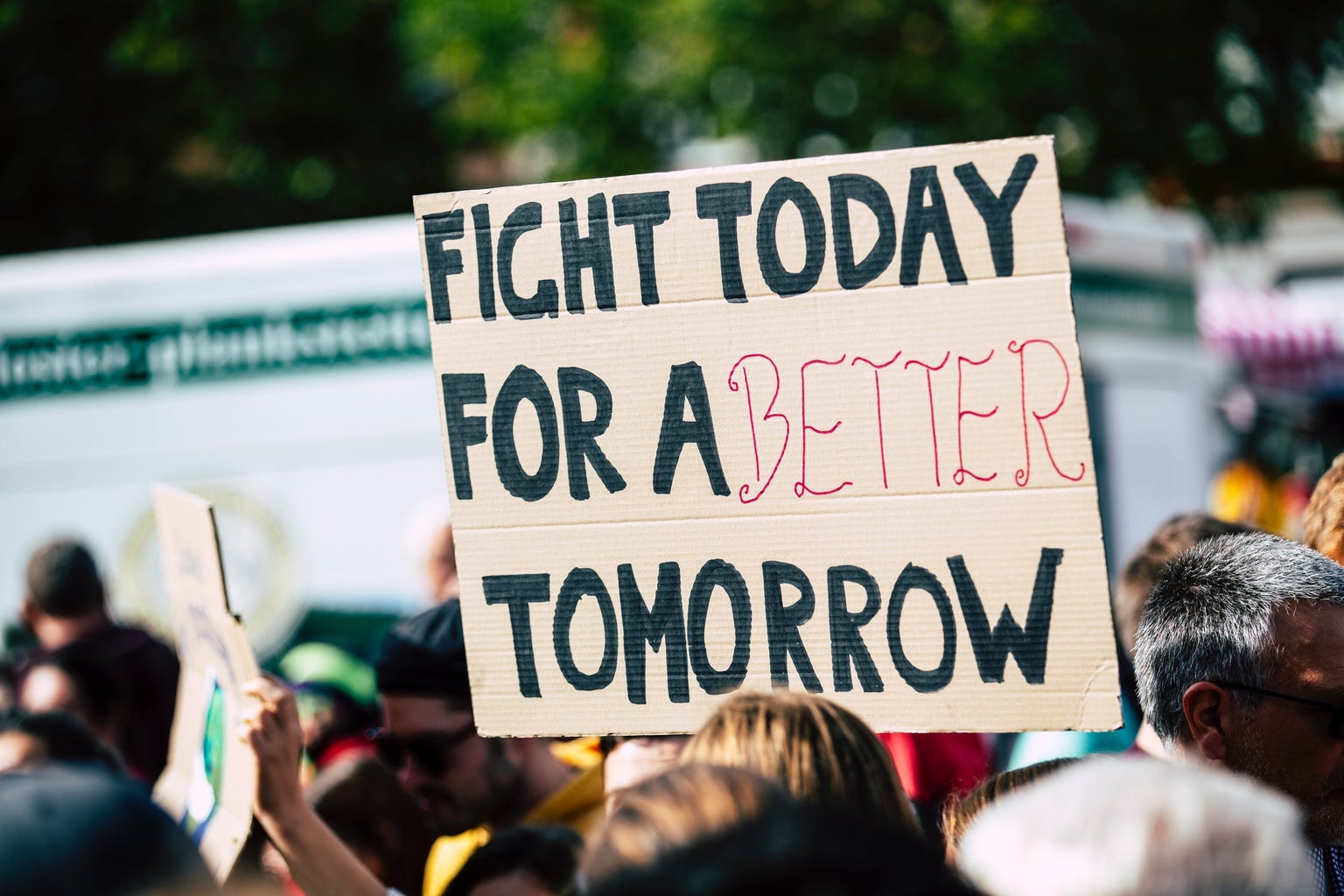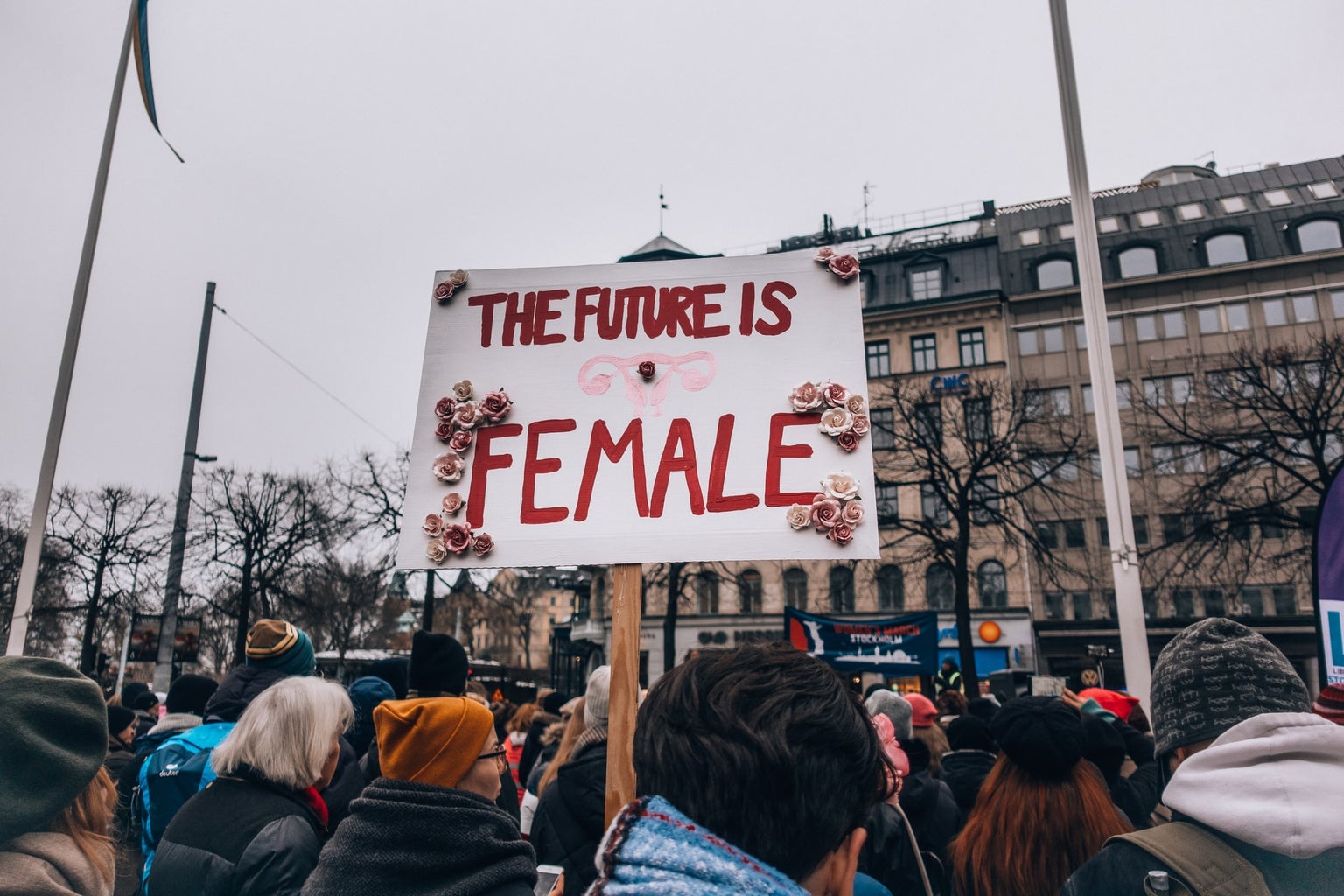The withdrawal of American military troops and the resurgence of the Taliban in Afghanistan has proved to be utterly devastating for the country as thousands of Afghan men, women, and children camp outside the airport in Kabul yearning to leave their homes amid extreme chaos. The Taliban is widely recognized for their extreme Islamic fundamentalist ideologies. They pose a threat to the Afghan people’s civil rights that were implemented by the US-backed government during the American occupation.
After the American military’s withdrawal, the Taliban has struggled to establish any sort of structure in the Afghan government, which is detrimental to Afghans as “the poverty rate climbs, hunger soars, and the economy tanks.” This means that Afghans could soon be facing a humanitarian crisis. Additionally, Afghans have witnessed a regressive transformation of their rights and freedom as the Taliban have “cracked down on protesters, reportedly detained and beaten journalists, and re-established their Ministry for the Promotion of Virtue and Prevention of Vice, which under previous Taliban rule enforced prohibitions on behavior deemed un-Islamic.” The Taliban’s aspiration to implement strict fundamentalist Islamic ideals has proved to be detrimental to Afghan civilians, who have to constantly live under threat. However, the group most vulnerable to Taliban rules is Afghan women.
The fight for women’s rights in Afghanistan has been a constant uphill battle and this battle is not ending any time soon. When the Taliban ruled Afghanistan in the ’90s, before the US invasion, “girls could not attend school; women could not hold jobs or leave their homes without a male relative accompanying them.” Nageeba, a 35-year-old Afghan widow claimed that “the life of Afghan women is so bad. We are locked at home and cannot see the sun.” The Taliban forced women to be properties owned by men. They were second-class citizens who were not deemed human enough to embody basic rights and freedom that men did. Women were prisoners under Taliban rule.
When the Americans invaded Afghanistan in the early 2000s, they made it a part of their mission to end the Taliban’s oppressive treatment of women. In the 2004 constitution, “women’s rights were enshrined in Afghanistan” and “women held a certain percentage of seats in parliament” and “entered sectors like law, government, and media.” Women were allowed representation in government, and they held careers: opportunities that did not exist for them before. Again in 2009, the legislation “protected women from violence as well as forced and underage marriages.” Women’s rights and autonomy were protected at a legislative level by the American-backed government. The future for women did not seem as bleak as it did before — until the Taliban took control of Afghanistan in 2021.
Under the Taliban regime, women are once again living in fear, and their rights are no longer guaranteed. The Taliban spokesperson Zabihullah Mujahid claims that “the Taliban would honor women’s rights within the norms of Islamic law, without elaborating.” But what exactly are “women’s rights within the norms of Islamic law?” Will women continue to be marginalized and dehumanized like they were in the late ’90s?
The treatment of women by the Taliban in recent months has proved that women’s lives are not getting any better under the new regime. When the Taliban seized control in the city of Kandahar in early July, the Taliban forces “ordered nine women working there to leave.” These women reported that the Taliban “explained that male relatives could take their place.” Moreover, “the Taliban also named a new Afghan Cabinet with no women in ministerial positions.” Once again, women are being confined and subjected to the same restrictions that existed in Afghanistan in the late ’90s.
The uncertainty of their future and the lack of representation in the government makes it much more difficult to pass legislation that advocates for women to be treated equally.
Want to keep up with HCBU? Make sure to like us on Facebook, follow us on Instagram, check out our Pinterest board, and read our latest Tweets!





